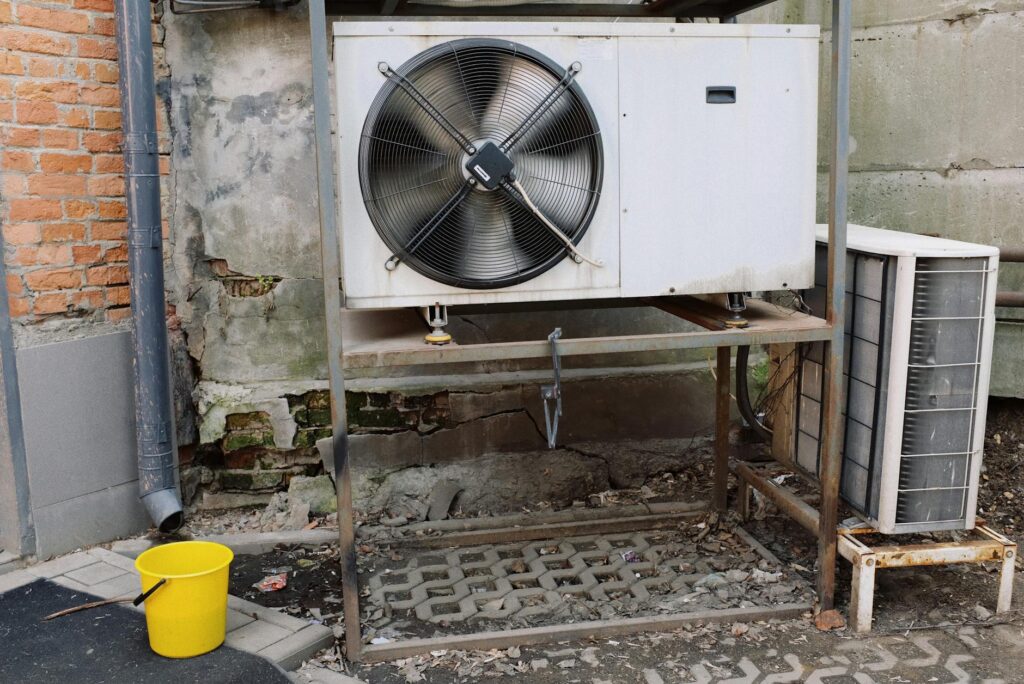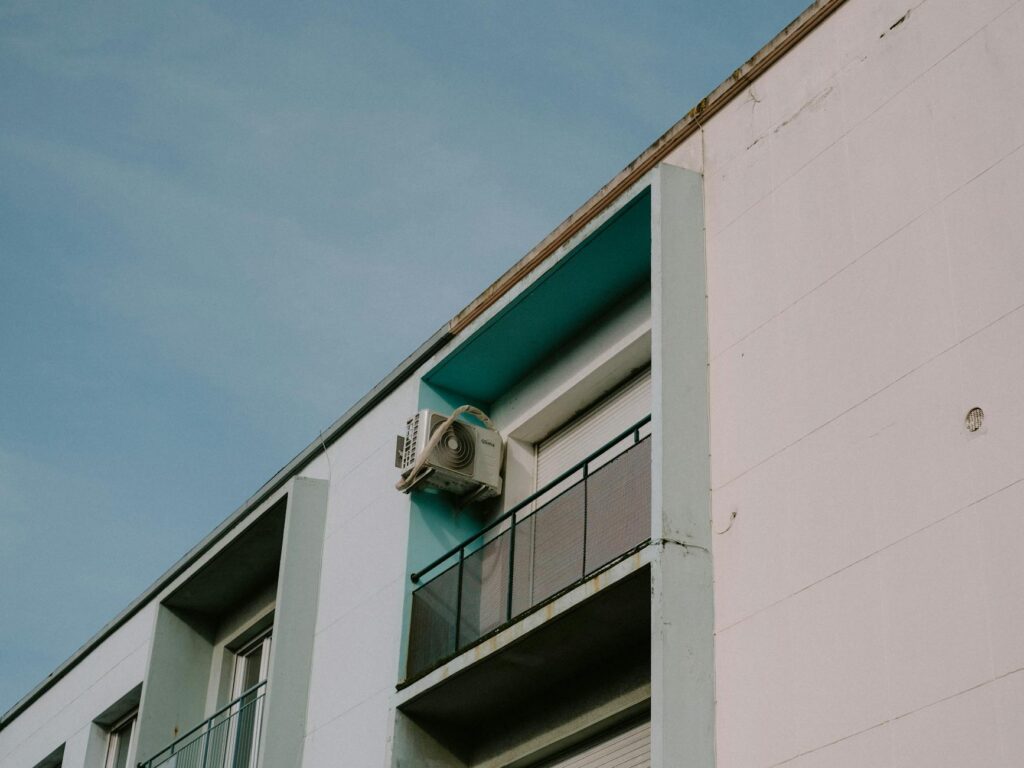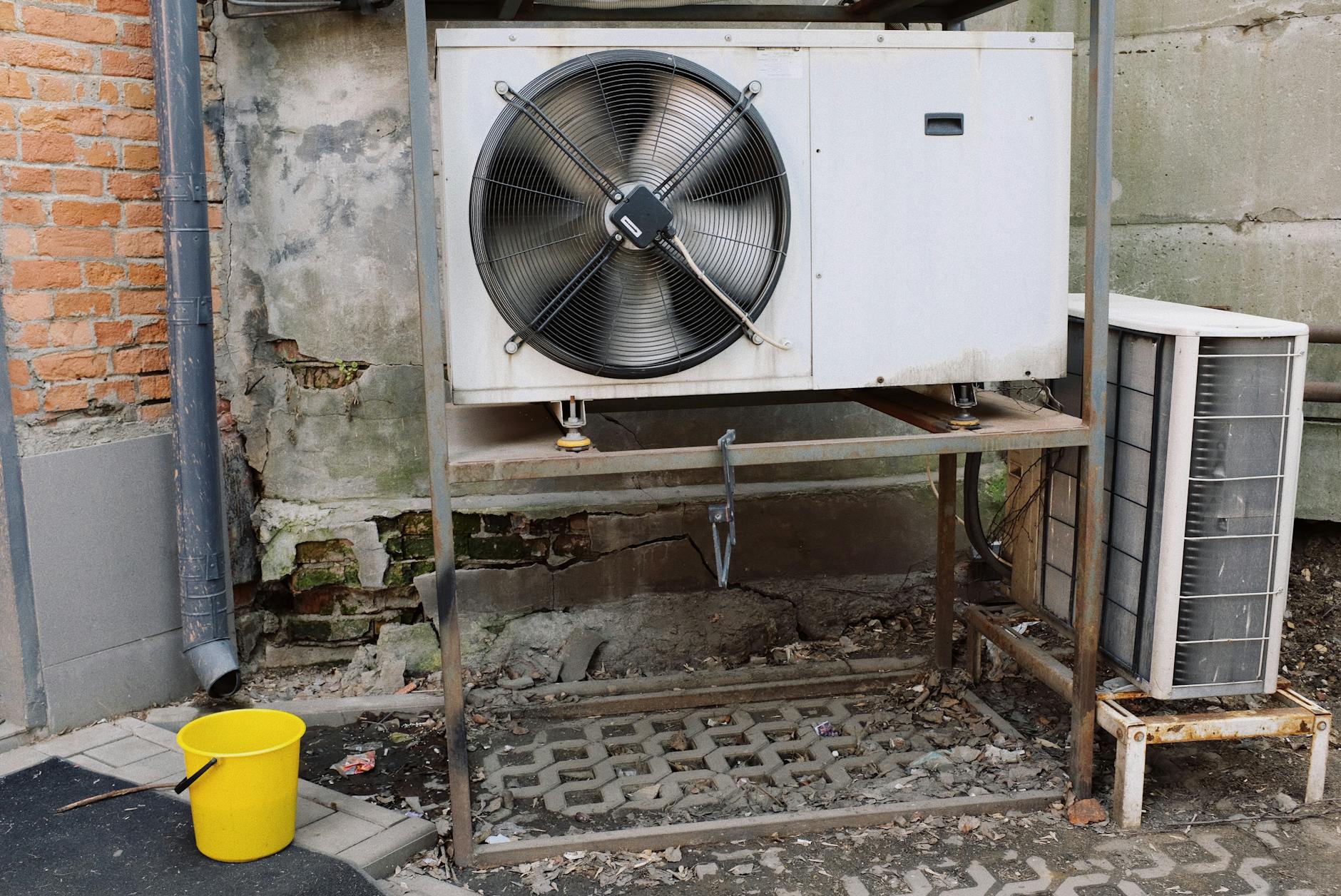We all want to stay cool and comfortable during the summer months, but sometimes our quest for the perfect indoor temperature comes with a hefty price tag. Many of us unknowingly waste money on our air conditioners without realizing it. Let’s explore some common culprits and learn how to save both money and energy!
Dirty Air Filters
A clogged air filter restricts airflow, forcing your AC unit to work harder and consume more energy. Replacing your filter every 1-3 months (depending on usage and filter type) is crucial for efficiency. A clean filter will significantly reduce your energy bills and prolong your AC’s lifespan. 
Improper Thermostat Use
Setting your thermostat too low doesn’t necessarily cool your home faster; it simply increases energy consumption. Consider using a programmable or smart thermostat to optimize cooling schedules. You can even save money by raising the temperature a few degrees when you’re away from home or asleep. Learn more about smart thermostat options.
Leaking Ducts
Leaky ductwork can negate the efficiency of your entire air conditioning system. Air escapes through gaps and cracks, forcing your system to work overtime to reach the desired temperature. Consider having your ducts professionally sealed to improve energy efficiency and save money on your monthly bills. Check out this helpful guide on duct sealing best practices.
Ignoring Regular Maintenance
Just like your car needs regular servicing, your air conditioner needs professional maintenance at least once a year. Regular servicing helps identify and resolve minor issues before they become costly repairs. Scheduling an annual check-up can keep your system running efficiently and avoid expensive breakdowns down the line. 
Poor Window Insulation
Heat seeps into your home through poorly insulated windows, causing your air conditioner to struggle to keep up. Consider installing energy-efficient windows or using window coverings like blinds or curtains to minimize heat gain. You can also consider applying window film, a relatively inexpensive way to improve energy efficiency. Read more about improving your home’s energy efficiency here.
Unnecessary Cooling of Empty Rooms
There’s no point in cooling rooms you’re not using. Close vents in unused rooms to direct cool air to the areas you occupy, saving energy and money. Smart thermostats can often help you manage this automatically. 
Setting the Fan to ‘On’ Instead of ‘Auto’
Leaving your air conditioner fan on constantly, instead of using the ‘Auto’ setting, doesn’t cool your home any faster, but it does use more energy. The ‘Auto’ setting only runs the fan when the compressor is on, saving electricity. For more information on improving your AC’s energy efficiency, visit this website.
Leaving Your AC Running When Away
Leaving your AC running while you’re away from home for extended periods wastes energy and money. Program your thermostat to automatically adjust the temperature while you are away to save on energy bills. A smart thermostat can offer significant savings by implementing geofencing technology, adjusting temperature based on your location.
By implementing these simple changes, you can significantly reduce your energy consumption and save money on your cooling costs while staying cool and comfortable throughout the summer.
Frequently Asked Questions
What is the best way to clean my air conditioner filter? Consult your filter’s instructions, but generally, you can vacuum or gently wash reusable filters. Disposable filters should be replaced.
How often should I schedule professional AC maintenance? At least once a year, ideally before the start of the cooling season, is recommended.
Are smart thermostats worth the investment? Yes, especially if you’re away from home frequently or want to optimize your cooling schedule for maximum energy savings.
Can I fix a small refrigerant leak myself? No. Refrigerant leaks require professional attention due to safety and environmental concerns.
How can I tell if my ducts are leaking? Look for unusual air movement near the ducts or unusually high energy bills. A professional inspection is the best way to diagnose a leak.





